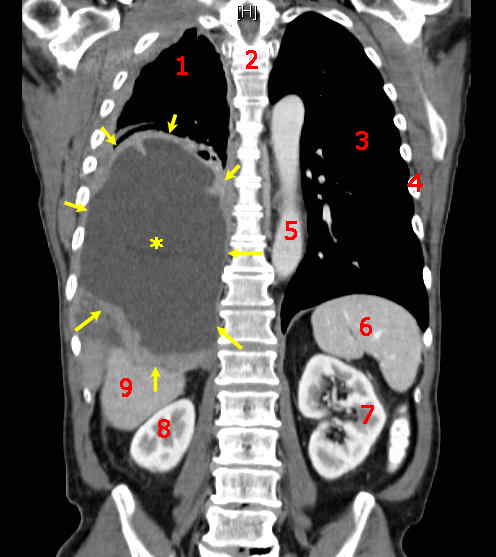Cancer is a group of diseases involving abnormal cell growth with the potential to invade or spread to other parts of the body. These contrast with benign tumors, which do not spread.
Cancer is one of the world’s leading causes of death, but fortunately about 33% cases can be prevented, according to the World Health Organization. There’s no magic pill to keep you from getting cancer, but you can do some things to improve your odds.
Wear Sunscreen
Harmful rays from the sun can give you more than a sunburn. Ultraviolet radiation can cause skin cancer, the most common kind of cancer in the U.S. Most cases are curable if they’re found and treated early. Sunscreen with a sun protection factor (SPF) of 30 or higher can help protect you.
 Eat More Vegetables
Eat More Vegetables
Vegetables and fruits can help lower your risk of a range of cancers in your mouth, throat, windpipe, and esophagus. These foods have things that help your cells prevent damage that may lead to cancer later. You should get at least 2 1/2 cups of fruits and vegetables a day.
Get cancer screenings
Different types of cancer screenings and tests can check for different types, like breast, colon, prostate, or skin. Consult your doctor to know which of these screenings you really need.
Don’t Reckon With Supplements
It’s better to get nutrients from whole foods than supplements.
A diet rich in vegetables, fruits, and whole grains is better than nutritional supplements to lower your risk of cancer. Supplements may help with certain conditions, but don’t bet on them to prevent cancer.
Reduce Your Intake of Sugar
Too much of sugar consumption enhances the risk of obesity and cancer.
Foods or drinks with a lot of sugar tend to have more calories per ounce. You don’t have to avoid the sugar entirely, but watch out for food and drinks with added sweeteners.
Get Vaccinated for HPV
Human papillomavirus (HPV) is the most common sexually transmitted infection (STI).
Many people with HPV don’t develop any symptoms but can still infect others through sexual contact. Symptoms may include warts on the genitals or surrounding skin.
There’s no cure for the virus and warts may go away on their own. Treatment focuses on removing the warts. A vaccine that prevents the HPV strains most likely to cause genital warts and cervical cancer is recommended for boys and girls.Girls can get the vaccine between the ages of 9 and 26, and boys from 9 to 21. Using condoms can also lower your chances of getting HPV.
Exercise a Lot
Exercise reduces your risk of several cancers and other health problems.
People who a lot exercise are less likely to get cancer of the colon, breast, or uterus. Being active also can help head off other health problems like heart disease or diabetes.
Avoid Using Tobacco
Do you smoke? It causes various kinds of cancer, as well as heart and lung disease. Tobacco use remains a major preventable cause of cancer.
Drop the Weight
Obesity is a preventable risk factor for cancer.
Nearly 70% of Americans are overweight or obese — and those extra pounds drive up your chances of several types of cancer, including in your esophagus, pancreas, colon, kidneys, and thyroid gland.
Eat Less of Red Meat
Reduce your consumption of red meat along with cured meats like bacon, hot dogs, and lunchmeat, to reduce your risk of colon and stomach cancers.
Reduce Your Intake of Alcohol
Excess alcohol consumption can raise your risk of cancers of the digestive system — your stomach, liver, and colon, among others — as well as breast and throat cancer. It can hurt tissues in your body, damage your liver, and mix with other chemicals to harm your cells.
Views: 0

